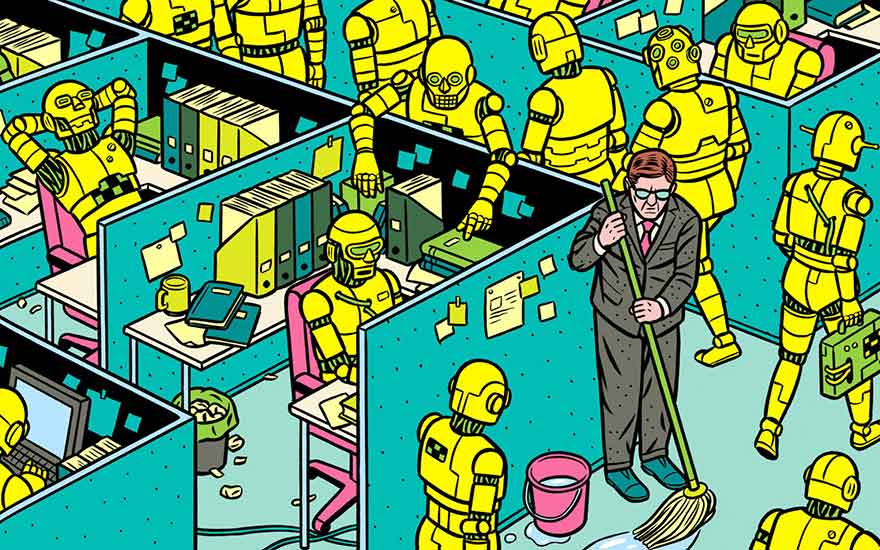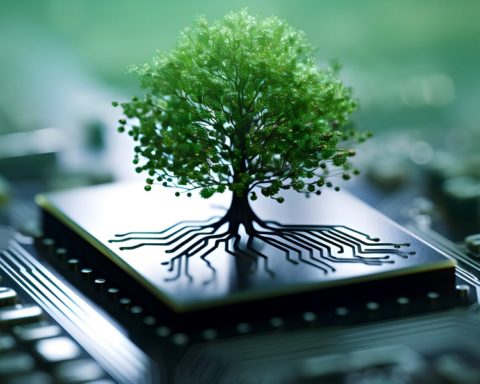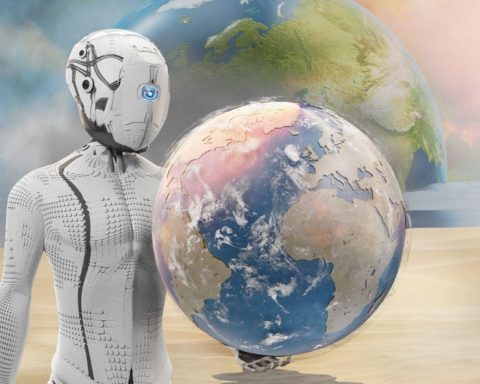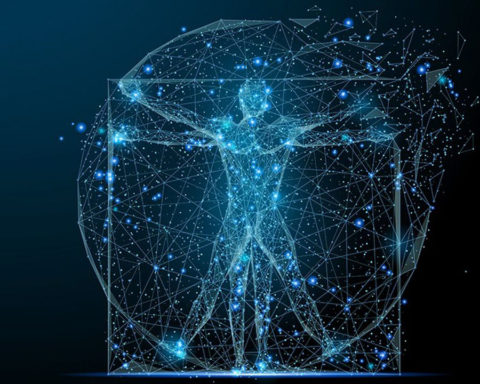READ ALSO IN UP : Artificial intelligence: law firms are getting into it too

READ ALSO IN UP : Artificial intelligence: law firms are getting into it too




Already registered? I'm connecting
Register and read three articles for free. Subscribe to our newsletter to keep up to date with the latest news.
→ Register for free to continue reading.

You have received 3 free articles to discover UP'.





